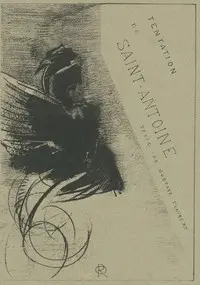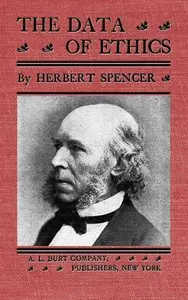"Herodias" by Gustave Flaubert is a historical novel that explores ambition, romance, and deception in ancient Judea. The story centers on Herod Antipas and his wife Herodias, whose lives are complicated by the presence of St. John the Baptist. Antipas struggles with political pressures and personal desires, while Herodias, driven by ambition, manipulates events to secure her power. The narrative builds to a dramatic banquet where Herodias's daughter, Salome, demands the head of John the Baptist, illustrating the destructive consequences of desire and political games in a world dominated by ambition and fear.

Herodias
By Gustave Flaubert
Amidst political tension and personal ambition, a manipulative queen schemes to eliminate a prophet, leading to a deadly climax at a fateful banquet.
Summary
About the AuthorGustave Flaubert was a French novelist. He has been considered the leading exponent of literary realism in his country and abroad. According to the literary theorist Kornelije Kvas, "in Flaubert, realism strives for formal perfection, so the presentation of reality tends to be neutral, emphasizing the values and importance of style as an objective method of presenting reality". He is known especially for his debut novel Madame Bovary (1857), his Correspondence, and his scrupulous devotion to his style and aesthetics. The celebrated short story writer Guy de Maupassant was a protégé of Flaubert.
Gustave Flaubert was a French novelist. He has been considered the leading exponent of literary realism in his country and abroad. According to the literary theorist Kornelije Kvas, "in Flaubert, realism strives for formal perfection, so the presentation of reality tends to be neutral, emphasizing the values and importance of style as an objective method of presenting reality". He is known especially for his debut novel Madame Bovary (1857), his Correspondence, and his scrupulous devotion to his style and aesthetics. The celebrated short story writer Guy de Maupassant was a protégé of Flaubert.

















